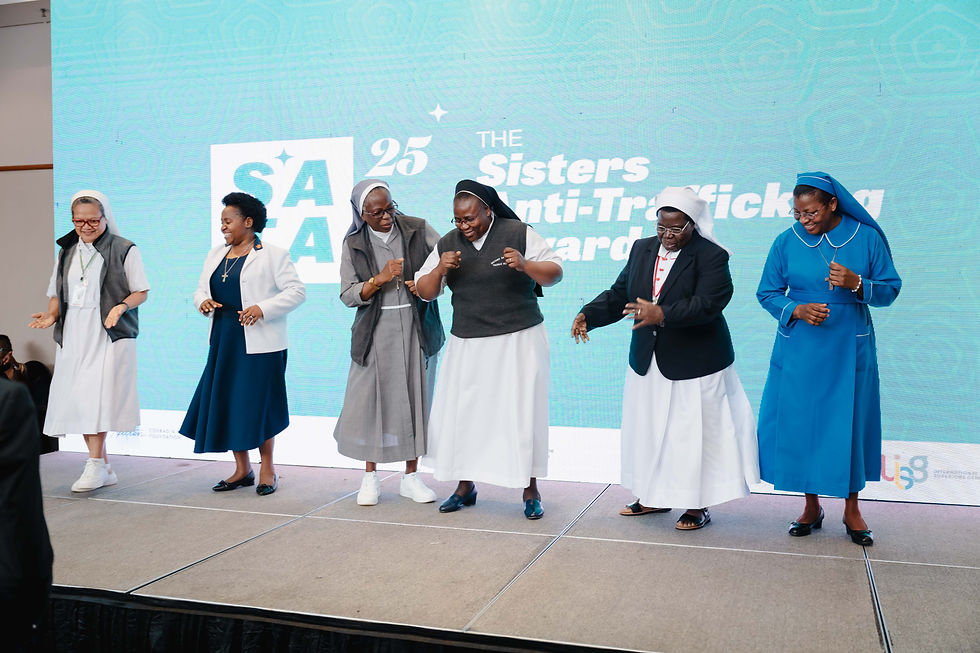Closing the gap between funders and local NGOs
- Arise

- Jul 3, 2019
- 2 min read
Speak to NGOs, especially frontline organisations, and many will tell you that PR and communications are the bane of their existence. They do not have the money to hire communications staff, and even if they did, many funders would question why money was being spent there and not on activities.
Yet, many of these same funders will, consciously or subconsciously, judge an organisation by how effectively they communicate their work. We like ‘pretty’ or ‘simple’ documents, where we can easily grasp the information we want and quickly move on. When you are a small NGO this presents a paradox that it can be hard to unravel: how do you create professional looking communications when you do not have the budget, or frankly the time, to do so?
Arise’s mission is to raise the power of the frontlines to confront modern day slavery. This is done through empowering networks and their member organisations. Increasing skills around PR and communications is a key part of this. As part of Arise’s capacity building programme, we were invited to Albania to provide some training to the local members of RENATE, a network of abolitionist organisations across Europe.
The training covered the basics creating a cheap PR strategy as well as how to create and plan for effective impact reports and annual reviews. Most of the organisations in the training did not have a communications plan, none had a social media plan or had done a stakeholder analysis. When it came to annual reviews, most of them admitted that they did not start planning more than a month before the review was published, and planned to simply include all the information of what they had done rather than think about what the reader really needs to learn. Ideas such as key messages and thematic breakdowns had not occurred to them.
However, this training is just the start. Each of the NGOs need to work to develop effective PR and communications, but Arise hopes that the cheap tools and methods provided will ease the burden of communications slightly. At the same time, the funding community needs to remember that this is not a one-way street. We need to get better at looking past effective communications to actually focus on an organisation's work; recognising that an aesthetically pleasing document is not the same as impactful work.








Comments